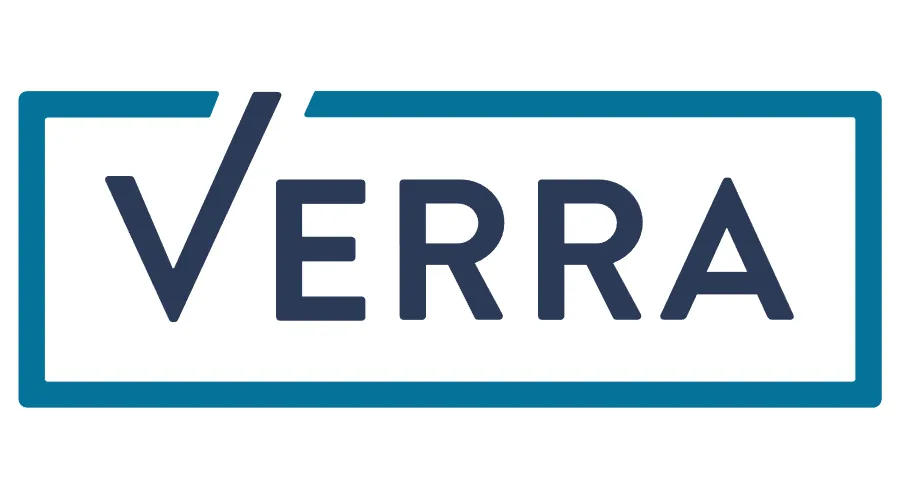
The Corporate Sustainability Reporting Directive (CSRD) is an EU legislation that requires large companies and listed SMEs to report on their environmental, social, and governance (ESG) performance and impact. It aims to improve the quality, comparability, and reliability of corporate sustainability reporting and to support the transition to a sustainable economy.
The Comprehensive Sustainability Reporting Directive (CSRD) significantly expands the scope of its predecessor, the Non-Financial Reporting Directive (NFRD), by encompassing approximately 50,000 companies, a substantial increase from the 11,000 companies covered by the NFRD. Companies subject to the CSRD directives are required to comply with European Sustainability Reporting Standards (ESRS). The CSRD entered into force on 5 January 2023 and will apply to the reports published in 2025 based on the 2024 financial year. As suggested by the timeline below, this process that began in 2021 will only be fully enforced by 2026, including Small and Medium Enterprises under CSRD’s purview.

CSRD provides a wide range of benefits to the involved stakeholders. Investors can make more informed decisions and assess the risks and opportunities related to ESG factors. CSRD was created as an overarching framework that covers issues beyond sustainability concerns, to cover multidimensional social issues. Some aspects of the social dimension covered by CSRD are-
- Social action and ensuring equitable treatment of employees.
- Upholding Human rights
- Anti-corruption and bribery.
- Ensuring diversity on company boards in terms of age, gender, educational and professional background
The CSRD is an excellent initiative to increase transparency and accountability within companies in and beyond the climate technology sphere. Similar directives have developed worldwide, such as the Sustainability Accounting Standards Board (SASB) and the Task Force on Climate-related Financial Disclosures (TCFD). As the most comprehensive, CSRD will continue to play a vital role in fostering a more sustainable and resilient economy by enhancing the disclosure and accountability of corporate ESG performance and impact.
Despite its wide ranging benefits, the CSRD is also prone to some setbacks. New companies may need to invest in new systems, processes and skills to collect, verify and disclose the required sustainability information. The complexity of these processes could pose a barrier for the entry of new companies into the directive. Carbon management solutions providers like Sustainiam can help companies streamline their entry into new environmental reporting processes by utilizing tracking platforms like the ECal Emissions Calculator. ECal provides an intuitive, comprehensive and transparent view of your projects carbon footprint, in compliance with international standards.
The European Union has taken numerous steps, including the CSRD and CBAM regulations, to make the transition to renewable energy safe and transparent. In doing this, the EU has set an example for other countries to adopt standardized practices to encourage the adoption of renewable energy sources. In India, all corporate social responsibility activity is regulated by the Companies Act 2013, with the sole ESG reporting standard being the Business Responsibility and Sustainability Reporting Standard (BRSR). A comprehensive policy to ensure transparency and accountability for firms across developing and developed nations is crucial to creating an environment suitable for ethical sustainability reporting.














